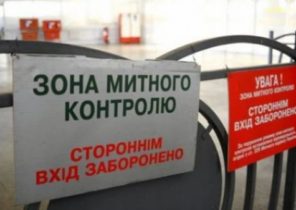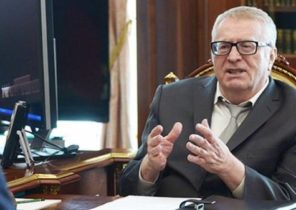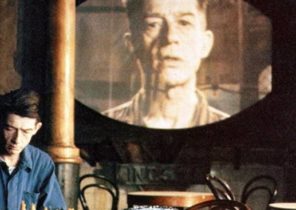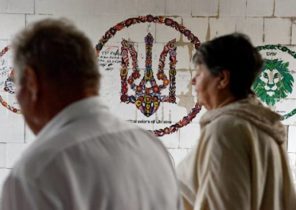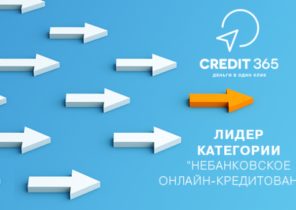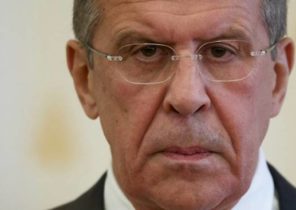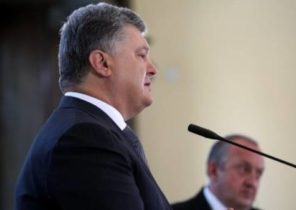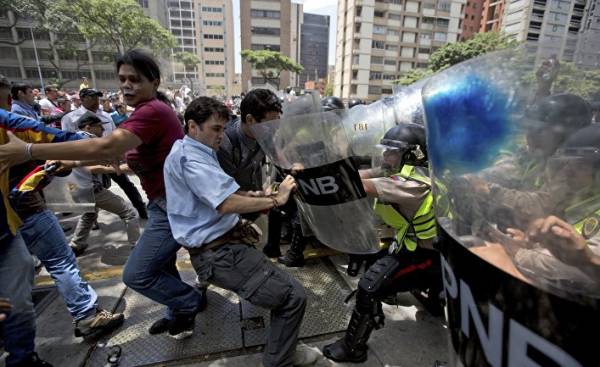
Venezuela is immersed in a political and humanitarian crisis, while the country’s position in the international arena is still uncertain.
Started by opposition protests and strikes were accompanied by disproportionate repression and bloodshed. After three and a half months of confrontation between supporters and opponents of President Nicolas Maduro, the results look pitiful: more than a hundred dead, murder of the opposition, the military trials of students, censorship or closure of media outlets, arrests of journalists and judges.
It would take too long to speculate on the reasons for the current impasse inside the country and at the international level: the weakening of power in the hands devoid of charisma (and under the influence of Cuba) leader, lack of food and medicine, a split among the supporters of “chavismo”, as evidenced by the “desertion of the Prosecutor “Luisa Ortega (Luisa Ortega).
After taken in the night from 29 to 30 March, the Supreme court’s decision on the assignment of office of the elected at the end of the 2015 Parliament (for the first time in 17 years most of it belongs to the enemies of chavismo) the opposition is calling for early presidential elections (in normal mode they should be held in December 2018).
Political crisis takes place against the backdrop of the collapse of the economy in response to falling oil prices and inflation, which is both a legacy of the past regime and the result of the disastrous policy of “successor” of Chavez.
Narrow room for maneuver
Army, arbiter of the political system, which is characterized by regular plots (by Chavez in 1992, and in 2002 to overthrow wanted him), takes a wait and see attitude, holding part of the economy or even the Executive branch. Whatever it was, the silence occasionally broken by official statements like that recently circulated on social networks, the Anonymous movement.
In a humanitarian and political crisis mediation attempts by Mexico, Colombia, Argentina, Brazil, Uruguay and Paraguay, and the calls of the European Parliament remain unanswered. The organization of American States, which acts as an intermediary in conflicts under Chavez, now practically unable to affect a settlement of the crisis. Her head Luis Almagro (Luis Almagro) has condemned the “dictatorship” and called for a transparent early elections and the release of political prisoners, presenting the resignation of Maduro as the conditions for the return of Venezuela to the OAS.
Anyway, the international community has only a very narrow field for maneuver. The promised U.S. sanctions if Maduro is scheduled for July 30 the election of the Constituent Assembly (more than 7 million voters voted against him the opposition on July 16 referendum) provide for the termination of oil imports (8% of U.S. purchases, but 92% of Venezuelan exports).
All this could further undermine the economy and reinforce the recession in the oil sector, but at the same time become an argument in favor of anti-imperialist rhetoric of Maduro, and give him an alibi “economic war”.
The deterioration of living conditions
The state oil company PDVSA will be forced to buy petroleum products and chemicals at high prices, whereas the US can refuse imports (750 thousand barrels from Venezuela) in favor of the proposals by Mexico, Canada or the Gulf countries. Venezuelan exports would have been under the blow: exports to China can only repay part of the debt with no prospects of competition with the oil from the Persian Gulf, the cost of transportation which is much lower.
Currently, the production volume is 2.1 million barrels per day: 500 thousand go to the domestic market, from 500 thousand to 650 thousand spent on the repayment of debt, and 100 thousand for Cuba and Petrocaribe. Remains 800 thousand barrels exports to the US.
Anyway, the model of the “resistance” of chavismo relies on significant precedent: Cuba has long been isolated from the rest of the world, but received support from the Soviet Union, then Venezuela’s Hugo Chavez. Embargo of 1962 has not led to the overthrow of the Castro regime, and only worsened the living conditions of the population. Another factor is that the Venezuelan government has pinned his hopes on Cuba and Raul Castro, the only leader who initiated a dialogue with the Venezuelan colleague and opened negotiations.
Frederick lang is a senior researcher at the National centre for scientific research
